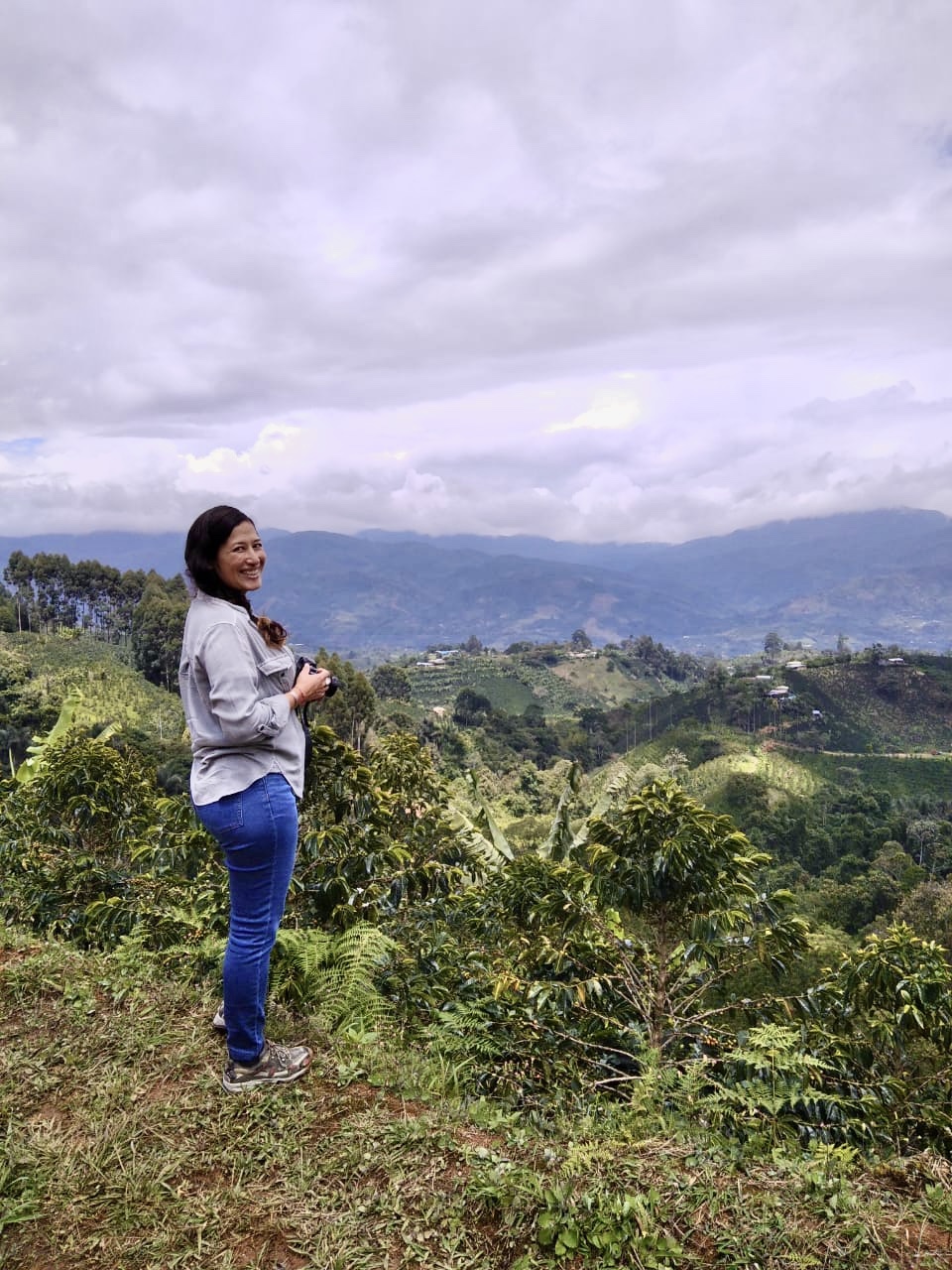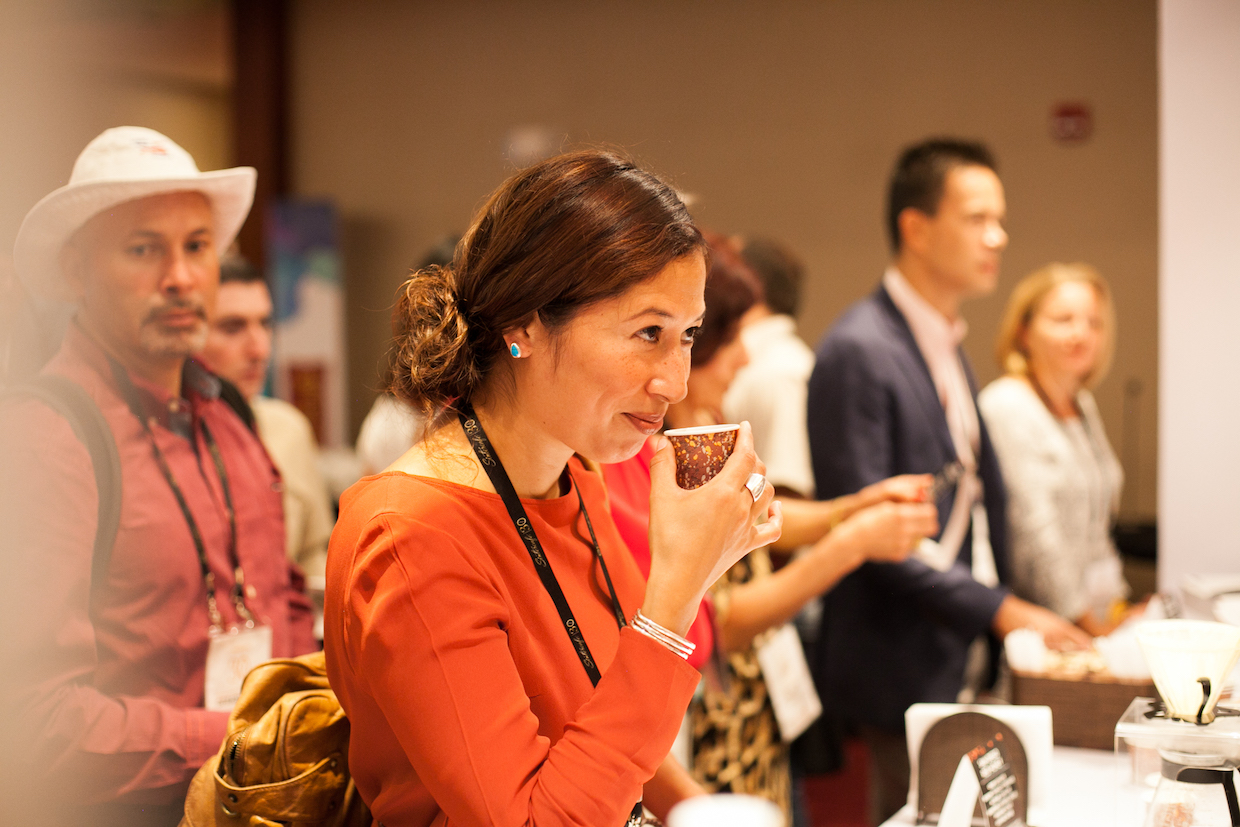I recently interviewed Vera Espíndola Rafael regarding lead involvement in the Sustainable Coffee Buyers Guide, a grassroots tool designed to appeal to the consciousness of sustainability-minded coffee roasters.
Yet the guide is only one of the myriad ways in the past decade in which Espíndola Rafael, a development economist based in Mexico, has promoted the place of coffee farmers and producers in the coffee value chain.
She serves as an advisor for Mexico’s department of agriculture on specific coffee-related activities, including work towards identifying living and prosperous incomes, and costs of production. Since 2019, Espíndola Rafael has served on the board of the Specialty Coffee Association (SCA).
Espíndola Rafael currently also leads the strategic initiatives of Colombia-based Azahar Coffee Company, specifically research and implementation of the Sustainable Coffee Buyers Guide.
She has worked at the research arm of Guatemala’s ANACAFE and subsequently as regional manager of Latin America at UTZ prior to the Rainforest Alliance merger.
Espíndola Rafael also has a consulting agency KUANU, which in Mixteco translates to “to grow,” focused on strategies for different sector actors to improve the resilience of coffee farmers.
She has also authored the Specialty Coffee Association report “A Business Case to Increase Specialty Coffee Consumption in Producing Countries” (in English and in Spanish), and co-authored a landmark 2020 report on the Mesoamerican coffee market published by the Instituto Interamericano de Cooperación para la Agricultura (IICA).
To learn more beyond these bonafides, I recently chatted with Espíndola Rafael, asking her these three questions…
DCN: What about coffee inspires you most?
Vera Espíndola Rafael: What most inspires me in coffee is the people that work in it. What drives me is thinking of those (people) that I came across in my travels. I have tremendous respect for producers.
There is always a message that I try to take back home to what I do in my day to day work. That part of the supply chain is what inspires me to sit behind these excel spreadsheets.
What about coffee troubles you the most?
What troubles me the most is that we often act as if we don’t know.
There is a decision point when buying coffee in which the buyer is in a much better position than the producer. People have traveled so many times to producing countries; they have seen the realities about these rural areas… Data is published about these realities, and there is enough data out there. We know, and yet we decide not to act.
I am talking about paying an appropriate price to producers. Some may say, “hey that’s not how the C market works.” I say, “forget the C market.” Let’s think differently, change how we view and value coffee.
We know. And we need to act.
What would you be doing if it weren’t for coffee?
Maiz. My mom has a small little farm here in Mexico. There’s something there for me.
I would definitely not leave agriculture. I love puzzles, and there are so many pieces unconnected within agriculture.
Lindsey Mesta
Lindsey Mesta is a specialty coffee professional who has over a decade of experience at origin and is motivated by efforts to improve equity across the supply chain.








Comment